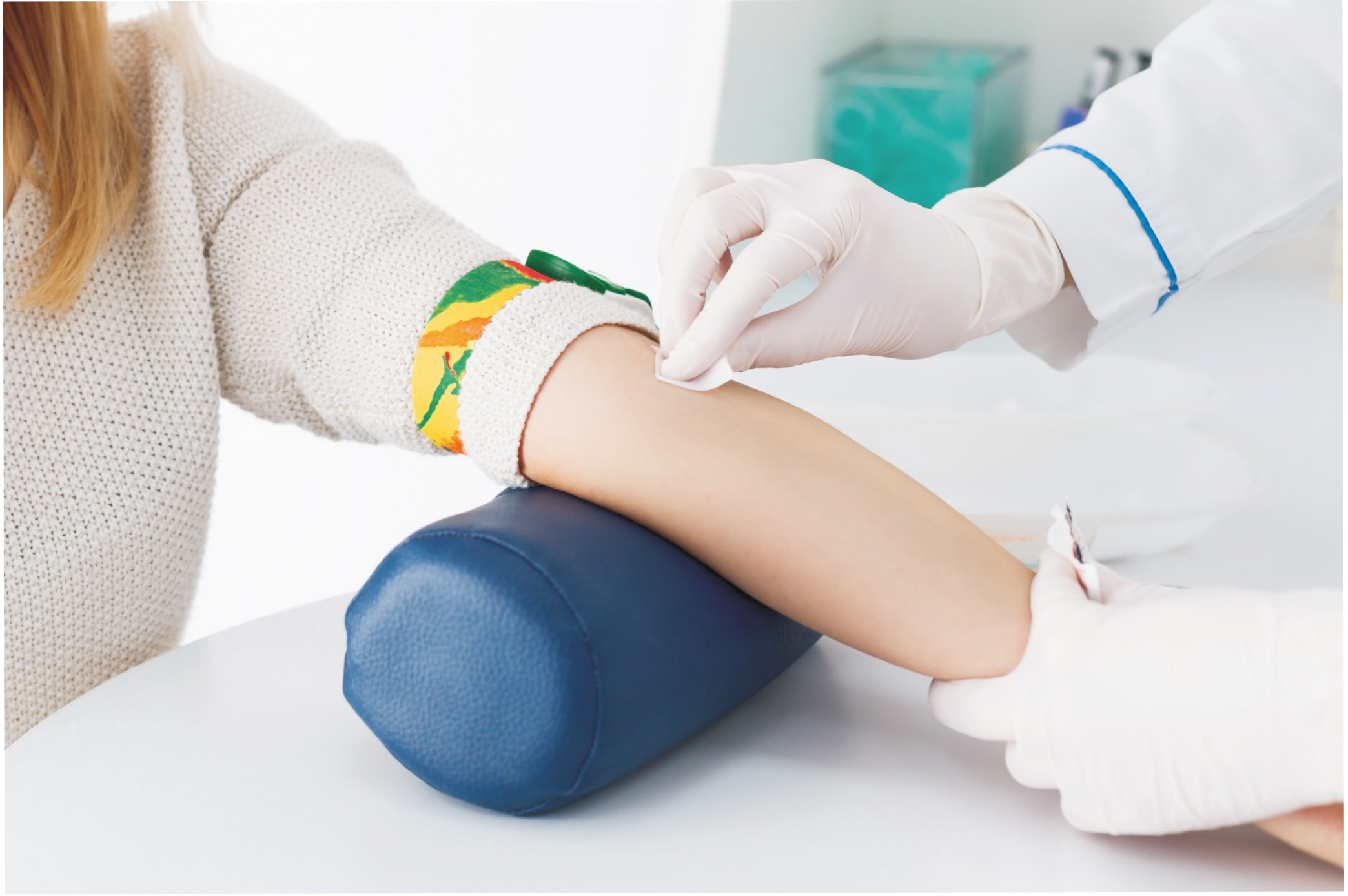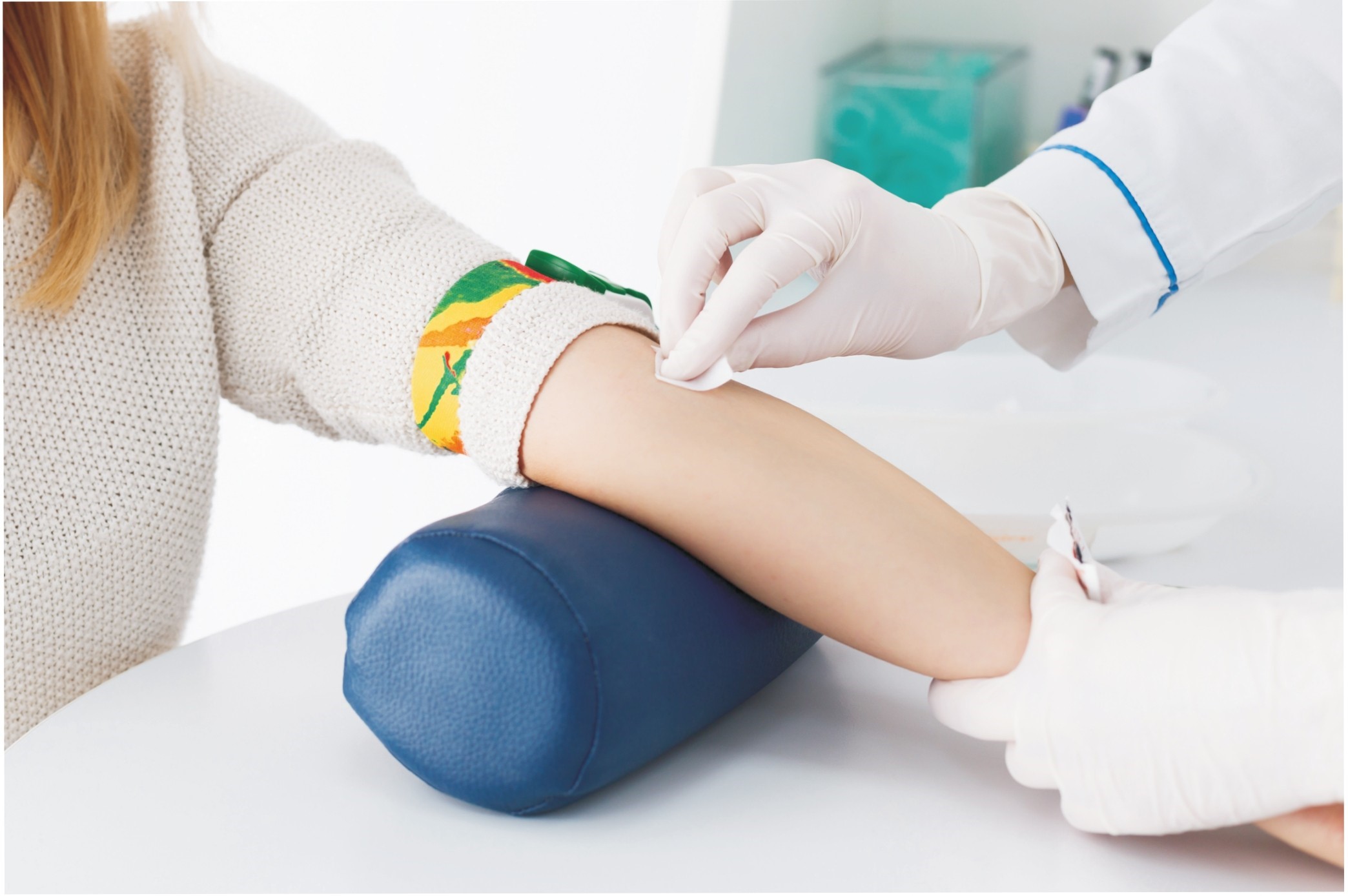ROSUVASTATIN
Mechanism of action
Rosuvastatin is an HMG-CoA reductase inhibitor, also known as statin (lipid lowering agent). It reduces high cholesterol (total cholesterol and low density lipoproteins (LDL) “bad” cholesterol) and triglycerides. It also increases high density lipoproteins (HDL) or “good” cholesterol levels to some extent.
Rx
Rosuvastatin is administered in the form of an oral tablet.
Advantages
• Lowers low density lipoproteins (LDL) “bad” cholesterol and triglycerides.
• Increases high density lipoproteins (HDL) or “good” cholesterol.
• Slows down the process of atherosclerosis (narrowing of arteries), thus reducing the risk of heart attack, stroke and other heart related complications.
Side-effects
Although side effects are not common it may include-
• muscle pain
• weakness
• fatigue
• joint pain
• nausea
• constipation
• cough
Rare side effects include rhabdomyolysis (rapid breakdown of muscles), irritability, depression, insomnia, forgetfulness, dizziness, jaundice, kidney damage.
History of Rosuvastatin
Statins have been available since 1980s to treat dyslipidemia. Rosuvastatin was approved by U. S. Food and Drug Administration(FDA) in 2003. In 2010, it was approved by FDA for primary prevention of cardiovascular events.
Who should take Rosuvastatin
Rosuvastatin is prescribed in patients with
• dyslipidemia (high LDL), hypercholesterolemia (high total cholesterol) and high triglycerides.
• other risk factors like Diabetes, obesity, sedentary life style, smoking all of which contribute to increase risk of heart disease.
Note: If patients fail to maintain the desired cholesterol level only with diet and exercise then rosuvastatin is prescribed.
Should not be used by
You should not take rosuvastatin if you
• are pregnant, planning a pregnancy or breastfeeding mother
• have liver disease or show an abnormal liver function test
• are allergic to rosuvastatin
Dr Manish Bothale is a Consultant Diabetologist at
Chellaram Diabetes Institute, Pune.














